To provide the best experiences, we use technologies like cookies to store and/or access device information. Consenting to these technologies will allow us to process data such as browsing behaviour or unique IDs on this site. Not consenting or withdrawing consent, may adversely affect certain features and functions.
The technical storage or access is strictly necessary for the legitimate purpose of enabling the use of a specific service explicitly requested by the subscriber or user, or for the sole purpose of carrying out the transmission of a communication over an electronic communications network.
The technical storage or access is necessary for the legitimate purpose of storing preferences that are not requested by the subscriber or user.
The technical storage or access that is used exclusively for statistical purposes.
The technical storage or access that is used exclusively for anonymous statistical purposes. Without a subpoena, voluntary compliance on the part of your Internet Service Provider, or additional records from a third party, information stored or retrieved for this purpose alone cannot usually be used to identify you.
The technical storage or access is required to create user profiles to send advertising, or to track the user on a website or across several websites for similar marketing purposes.
 A new global study of more than 10,000 office workers, claims that British workers spend a whole month a year (30 days) doing work that a colleague has already completed. Five hours and 5 minutes a week is spent duplicating work. Asana, the publisher of the Anatomy of Work Index (registration) also claims that Brits aren’t spending as much time on the actual work that they’re hired to do.
A new global study of more than 10,000 office workers, claims that British workers spend a whole month a year (30 days) doing work that a colleague has already completed. Five hours and 5 minutes a week is spent duplicating work. Asana, the publisher of the Anatomy of Work Index (registration) also claims that Brits aren’t spending as much time on the actual work that they’re hired to do.





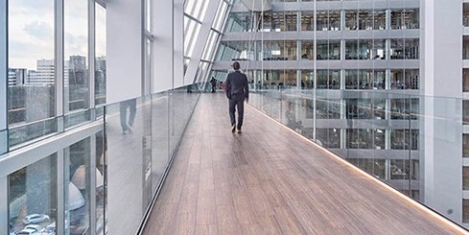
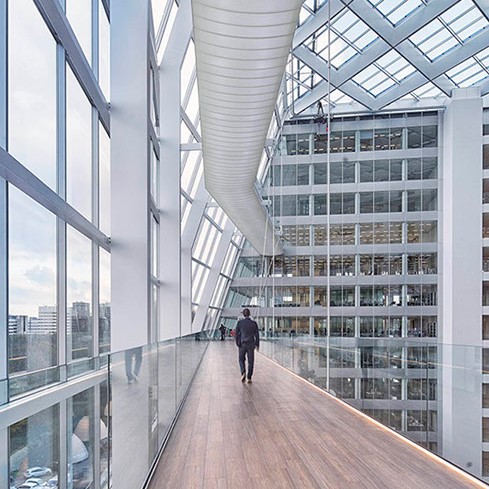






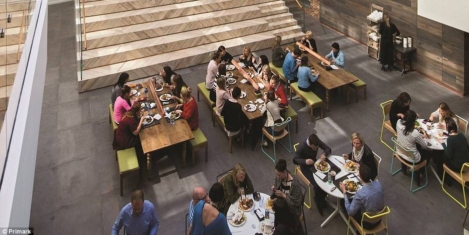
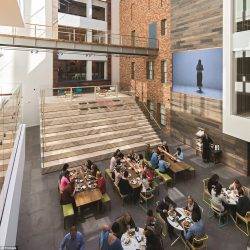


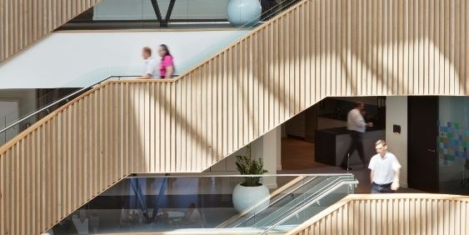
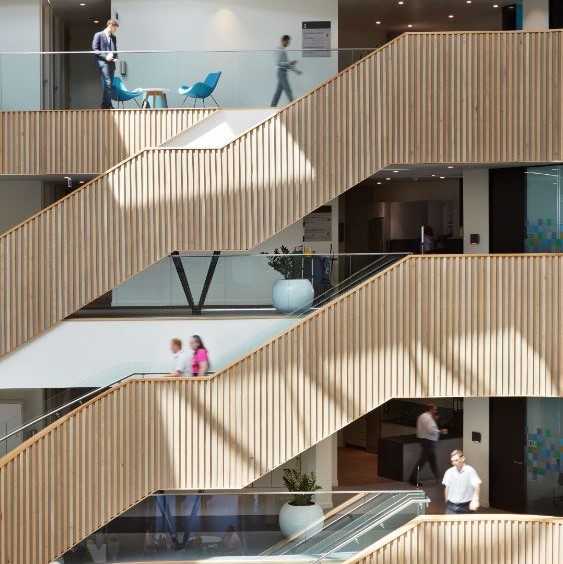
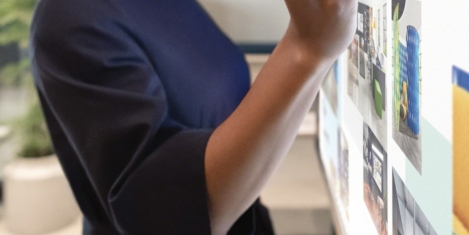

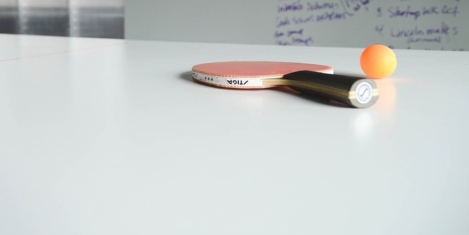
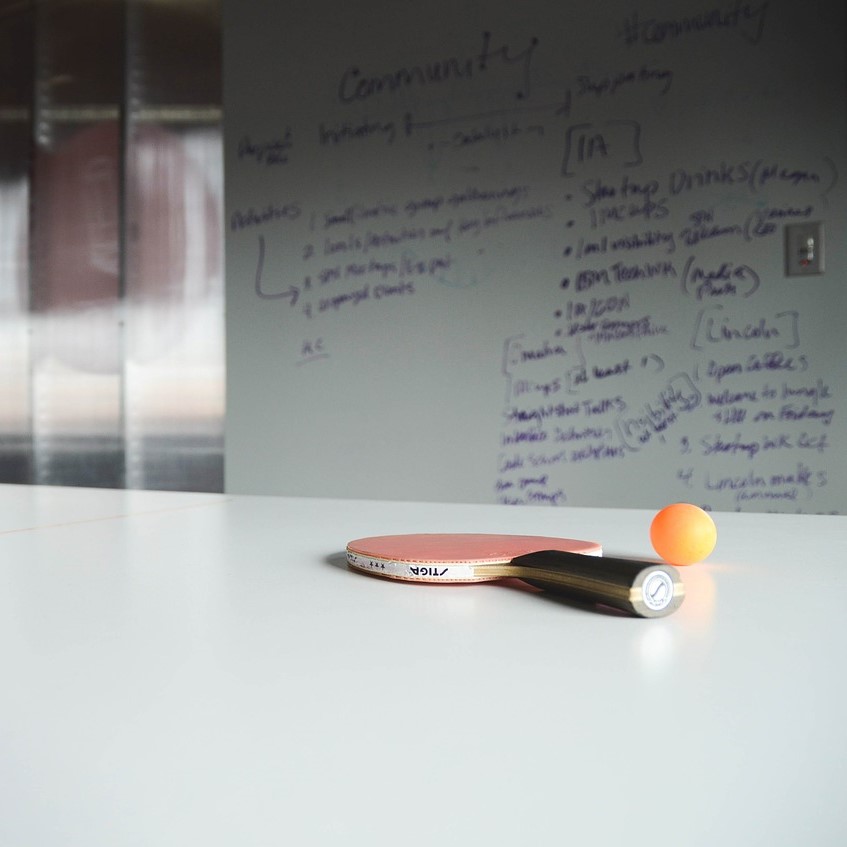
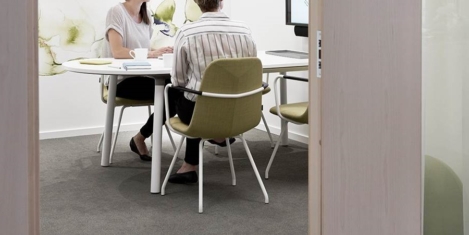
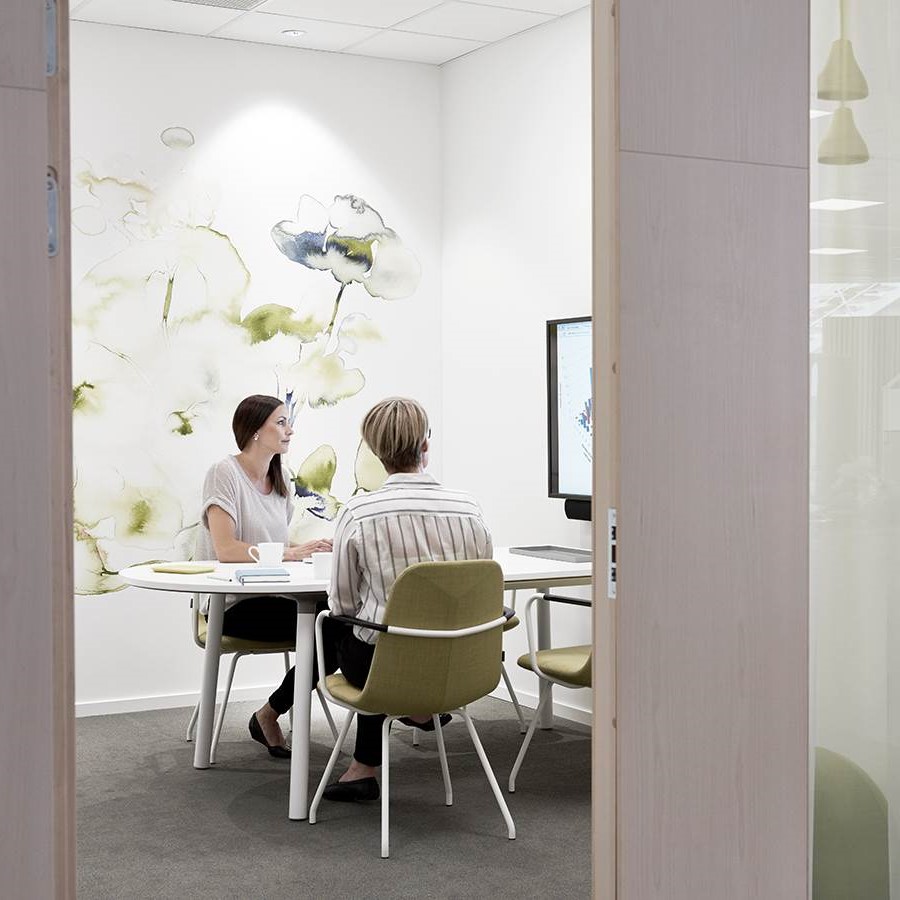










October 16, 2019
Remote working can increase stress and reduce wellbeing
by Stephanie Russell • Comment, Flexible working, Wellbeing